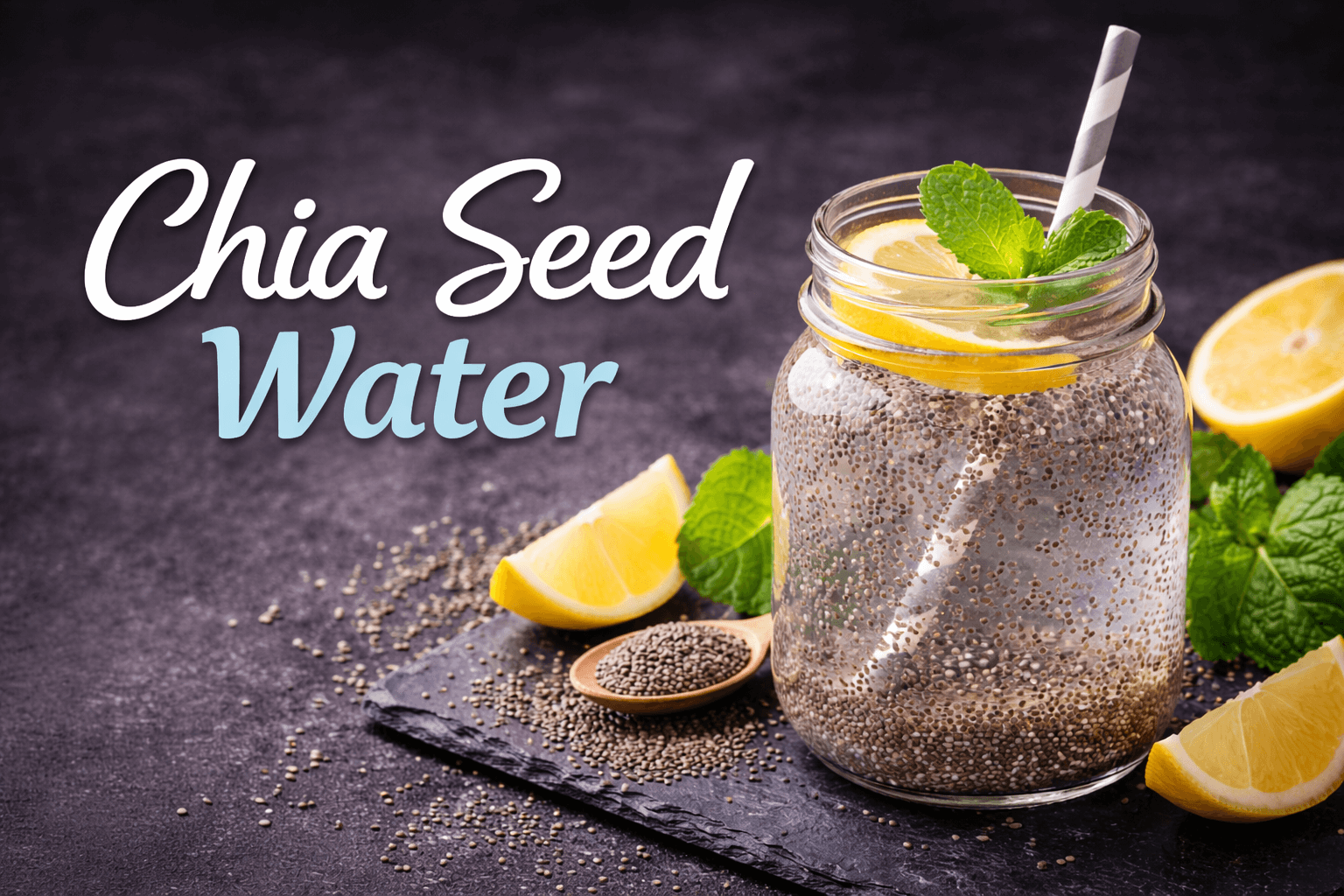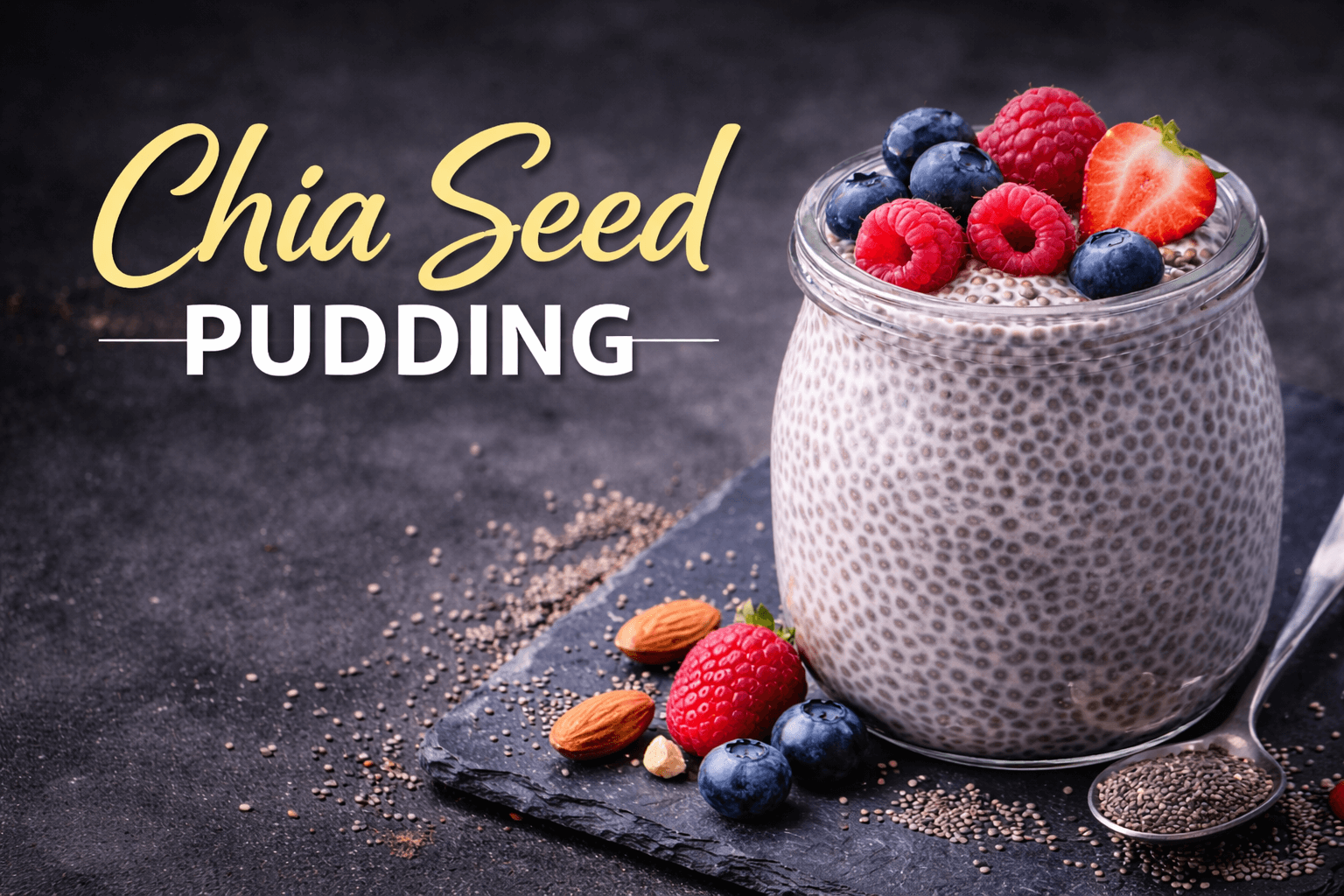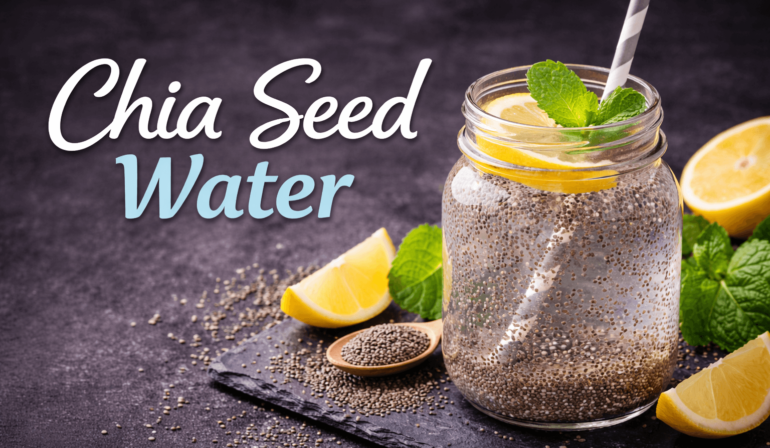How to Increase Stamina Naturally: Proven Tips for Long-Lasting Energy

In today’s fast-paced world, stamina isn’t just for athletes—it’s essential for everyone. Whether you’re climbing stairs, working long hours, or chasing after your kids, improving your stamina can help you feel more energetic, focused, and productive. But how do you increase stamina?
This guide covers the top evidence-based methods—from diet and exercise to sleep and supplements—to help you boost your stamina naturally and sustainably.
Read More: Does Sauna Burn Calories? The Truth You Need to Know
Table of Contents
🧠 What is Stamina?
Stamina refers to your body’s and mind’s ability to sustain physical or mental effort for long periods. People with high stamina can perform activities longer and recover faster from fatigue.
There are two types:
- Physical stamina – endurance to perform tasks like running, lifting, or walking
- Mental stamina – the ability to concentrate and stay alert for extended periods
🏃♂️ How to Increase Stamina: 10 Natural Ways
1. Exercise Regularly
- Aerobic exercises such as running, swimming, cycling, and lively hiking build cardiovascular endurance.
- Strength training increases muscle efficiency and energy utilization.
- HIIT (High-Intensity Interval Training) is especially effective for increase stamina and fat-burning.
✅ Start by moving 5 times a week for 30 minutes.
2. Eat a Balanced, Energy-Boosting Diet
- Include complex carbs (whole grains, oats, quinoa) for long-lasting energy
- Consumes lean protein (chicken, eggs, legumes) for muscle repair and growth
- Add healthy fats (avocado, nuts, olive oil) to improve endurance and hormone balance
- Don’t forget vitamins & minerals from vegetables and fruits
✅ Avoid processed foods, sugary drinks, and refined carbs.
3. Stay Hydrated
Dehydration leads to fatigue and decreased endurance. Drinking water throughout the day helps maintain energy, regulate body temperature, and improve oxygen transport.
✅ Aim for 8–10 glasses of water daily.
4. Get Enough Sleep
Rest is where recovery happens. Poor sleep reduces energy levels, focus, and motivation to move.
✅ Adults need high quality sleep for 7 hours per night.
5. Manage Stress
Chronic stress can lead to mental and physical fatigue. Attempt:
- Meditation
- Yoga
- Deep breathing exercises
- Journaling
✅ A calm mind supports higher stamina and focus.
6. Supplement Wisely (If Needed)
If your diet is lacking, consider:
- Iron (especially for women)
- Vitamin B12
- Magnesium
- Ashwagandha or Rhodiola Rosea (natural adaptogens)
✅ Consult a doctor before taking supplements.
7. Gradually Increase Activity Levels
Attempts to do it too quickly can lead to burnout. Slowly increasing the intensity and duration of your workouts helps build stamina safely.
8. Track Your Progress
Use a fitness app or journal to log your workouts, diet, energy levels, and sleep. Seeing your growth keeps you motivated.
9. Take Active Breaks
If you sit for long hours, get up and stretch, walk, or do a few jumping jacks. These mini boosts improve circulation and fight fatigue.
10. Avoid Overtraining
Rest days are essential for muscle recovery and energy rebuilding. Overtraining can harm stamina instead of helping it.
🥗 Sample Stamina-Boosting Daily Meal Plan
Breakfast: Oatmeal with banana + almonds + boiled eggs
Snack: Greek yogurt + berries
Lunch: Grilled chicken + quinoa + mixed vegetables
Snack: Apple + peanut butter
Dinner: Lentil soup + brown rice + steamed spinach
Hydration: Water + herbal teas + coconut water
⚠️ When to See a Doctor
If you feel tired even after rest, a healthy diet, and exercise, consult a physician. Fatigue can sometimes be a symptom of:
- Thyroid imbalance
- Anemia
- Sleep apnea
- Heart or lung conditions
🧾 Final Thoughts
Improving your stamina is a gradual journey. With consistent effort in the right direction—balanced diet, regular exercise, good sleep, and stress management—you’ll notice increased endurance, better focus, and a more energized life.
Start slow, stay consistent, and track your progress. The results will come.
❓ Frequently Asked Questions (FAQs)
🏋️♂️ What is the fastest way to increase stamina?
The fastest way to increase stamina is by combining regular cardiovascular exercise, balanced nutrition, adequate hydration, and consistent sleep. Adding short bursts of HIIT (High-Intensity Interval Training) and avoiding junk food can show quick improvements within a few weeks.
🧘 Does yoga help improve stamina?
Yes. While yoga is not high-intensity, it significantly improves breathing, flexibility, mental stamina, and stress management, which all contribute to better overall endurance.
🍽️ Which foods increase stamina quickly?
Foods rich in complex carbs, proteins, and healthy fats help boost stamina. Top stamina-boosting foods include:
- Bananas
- Oats
- Eggs
- Spinach
- Quinoa
- Almonds
- Peanut butter
😴 How much sleep do I need to improve stamina?
For optimal stamina and energy, adults need 7–9 hours of uninterrupted sleep each night. Sleep is extremely important for relaxation, hormonal balance, and energy replacement.
🥤 Can dehydration affect stamina?
Absolutely. Even mild dehydration can reduce endurance and increase fatigue. Staying hydrated helps deliver oxygen to muscles and supports energy metabolism.
💊 Are there any supplements to increase stamina?
Yes, certain natural and nutritional supplements may help:
- Iron (for anemia or fatigue)
- Vitamin B12 (for energy)
- Magnesium (for muscle function)
- Ashwagandha or Rhodiola (adaptogens for stress and energy)
Always consult a doctor before starting supplements.
🏃♀️ How long does it take to build patience?
Most people begin to see noticeable improvements in 2–4 weeks of consistent effort. Long-term stamina gains require ongoing lifestyle changes in exercise, diet, and sleep.
👨⚕️ When should I see a doctor about low stamina?
If you experience persistent fatigue, lack of motivation, or inability to perform basic tasks despite good habits, consult a doctor. It may be due to underlying health issues like anemia, thyroid problems, or chronic fatigue syndrome.












